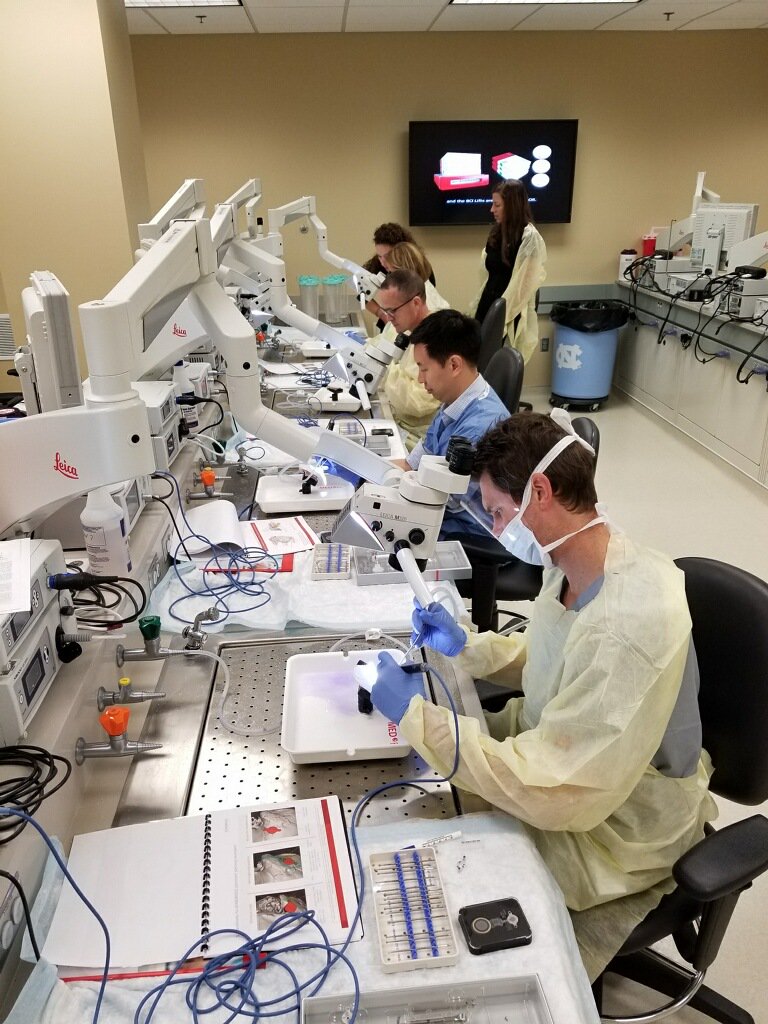Medicine is a multifaceted and expansive field that’s just as intricate as the human body. No wonder, it isn’t easy to get a chance to study medicine. That’s why when you get the opportunity to study medicine, you need to work extra hard to earn your degree. With a medical degree, you can work in many areas depending on your area of specialization.
Are you a medical student seeking to have an exemplary performance? Please follow the six tips below:
Develop a Practical Learning Style
A medical school isn’t the same as your former high school. The method of learning you used in high school may not apply to a medical school. Try to find a learning style that works best for you. The medical curriculum is very extensive, so you need to find ways of adjusting your study hours to cover as much content as possible.
Attend All Classes
It’s better to hear the presentations and lectures first hand. Do not depend on downloaded notes or those from your fellow students. Each student organizes concepts and writes them down according to what they perceive as valuable to them. Some are also not very keen during lectures and may skip a few critical points in the course of taking their notes. If you rely on such a student to provide you with lesson notes, you may not perform well in your tests.
Do Research
To perform well as a medical student, you need not rely only on what your lecturer provides in class. Carry out research using all the resources available – the books, the internet, etc.
Many websites offer tutorials for students. You can sign up for one so that, after studying a concept, you can visit the website for assignments to gauge how you are faring. Also, remember to read as many medical journals as possible so that you can be conversant with the current trends in this field.
Seek Clarification When You Don’t Understand a Concept
Remember that you aren’t just studying for the tests and exams, but for a career that will involve human life. It’s better to ask questions in class so your instructor can elaborate on a concept you didn’t understand well. If you don’t understand something while in class, you can organize to meet your instructor personally in the office for a face-to-face discussion. If that isn’t possible, you can use email messages to seek clarification.
Get a Mentor
A mentor is someone who can guide you during your time at medical school. You can look for a reliable staff member or a senior student to be your mentor. Try to be accountable to the mentor so you can keep on track. Also, try to join a relevant student organization where you can get help from fellow students.
Get Organized
You can’t perform well as a student if you are disorganized in all that you do. Getting organized starts from the room where you live. How do you arrange your study items? Are they easily accessible? Do you waste a lot of time looking for your pen, notes, etc.? At what time do you go to bed or wake up? Time management skill is vital for a medical student. Plan everything you do to make your life comfortable so you can study well.
Final Words
Studying medicine involves a lot of mental work. So it would help if you kept your brain healthy. Eat healthy food, do some exercise, and avoid any form of drugs that can cloud your memory. Above all, get enough sleep, so you can wake up feeling fresh every morning.





















